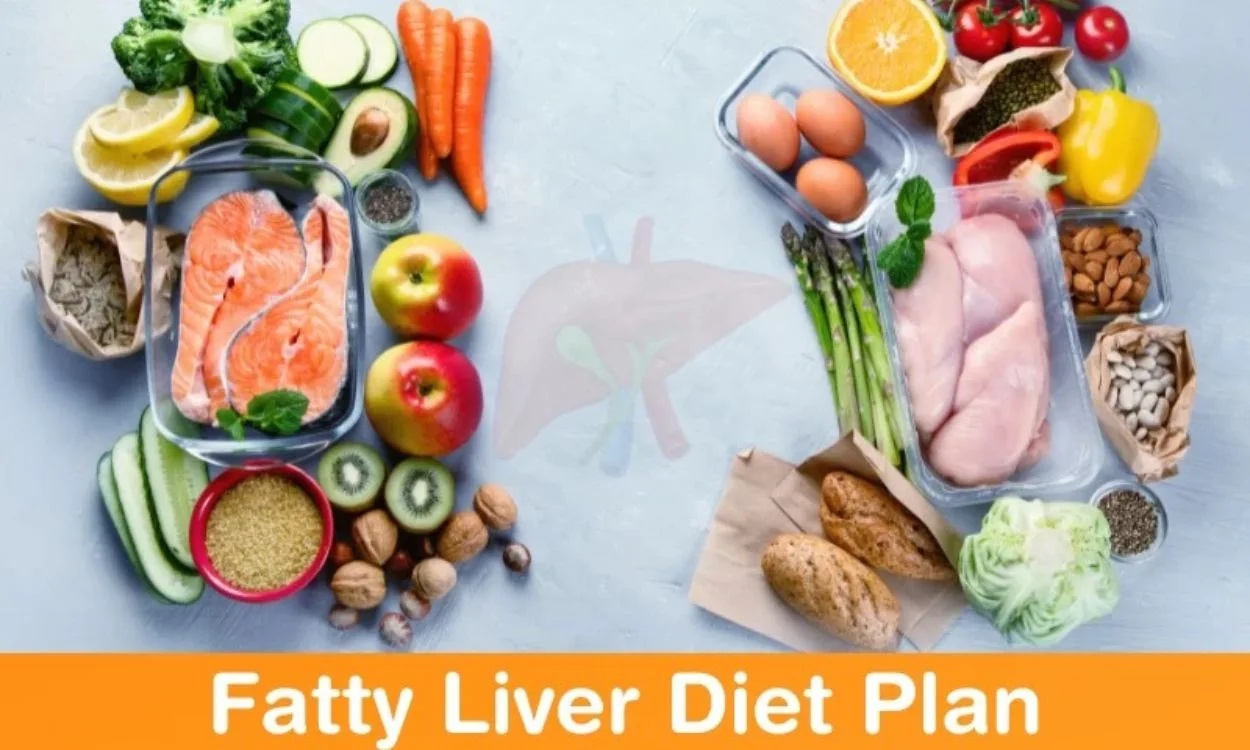What is the role of diet in managing fatty liver?
Fatty liver, also known as hepatic steatosis, is a condition characterized by the accumulation of fat in the liver. It is a common condition that can be caused by various factors such as obesity, diabetes, high cholesterol, excessive alcohol consumption, and poor diet. In India, the prevalence of fatty liver is on the rise due to the increasing incidence of obesity and lifestyle diseases.
Diet plays a crucial role in managing fatty liver and improving liver health. By making the right dietary choices, individuals can reduce the accumulation of fat in the liver and promote its proper functioning.
Here are some key dietary recommendations for managing fatty liver:
- Reduce calorie intake: Excess calorie consumption leads to weight gain, which is a risk factor for fatty liver. It is important to limit the intake of high-calorie foods, such as sugary beverages, fried foods, processed snacks, and sweets. Instead, focus on consuming a balanced diet that is low in calories.
- Choose complex carbohydrates: Replace refined carbohydrates with complex carbohydrates such as whole grains, legumes, and vegetables. These foods are rich in fiber, which helps in regulating blood sugar levels and reducing the accumulation of fat in the liver.
- Increase protein intake: Include lean sources of protein in your diet, such as poultry, fish, tofu, and legumes. Protein helps in repairing liver cells and promoting liver health. It also aids in maintaining a healthy weight by promoting satiety.
- Limit saturated and trans fats: High intake of saturated and trans fats can worsen fatty liver. Reduce the consumption of foods high in saturated fats like red meat, full-fat dairy products, and fried foods. Avoid foods containing trans fats, such as commercially baked goods, margarine, and processed snacks.
- Include healthy fats: Incorporate foods rich in healthy fats, such as avocados, nuts, seeds, and fatty fish like salmon and mackerel. These fats contain omega-3 fatty acids, which have anti-inflammatory properties and can help reduce liver inflammation.
- Increase antioxidant-rich foods: Antioxidants help protect the liver from oxidative stress and inflammation. Include foods like fruits (such as berries, citrus fruits), vegetables (such as spinach, kale, broccoli), and herbs (such as turmeric, ginger) that are rich in antioxidants.
- Avoid excessive alcohol consumption: Alcohol is a major contributor to fatty liver. If you have fatty liver or are at risk, it is important to avoid or limit alcohol consumption to protect your liver health.
- Stay hydrated: Drinking an adequate amount of water helps in flushing out toxins from the body and supports overall liver function. Aim to drink at least 8-10 glasses of water per day.
- Avoid processed and packaged foods: These foods are often high in added sugars, unhealthy fats, and preservatives. Opt for fresh, whole foods whenever possible.
- Practice portion control: Be mindful of the quantity of food you consume. Practice portion control to avoid overeating and maintain a healthy weight.
Remember, it is always advisable to consult with a healthcare professional or a registered dietitian before making any major changes to your diet, especially if you have a medical condition like fatty liver. They can provide personalized guidance based on your specific needs and help you develop a comprehensive dietary plan.
Manage Fatty Liver with a Healthy Diet: Tips and Recommendations
Introduction: Fatty liver is a common condition characterized by the accumulation of fat in the liver. It can be managed and improved with the right dietary choices. In this article, we will explore the role of diet in managing fatty liver and provide useful tips and recommendations. Furthermore, we will introduce an innovative app called Fitpaa that can assist you in achieving your health and fitness goals, including managing fatty liver.
[Insert second half of the blog article highlighting Fitpaa app and its features, benefits, and how it can help individuals in managing fatty liver. Emphasize the personalized approach, expert guidance, and the convenience of using the Fitpaa app to track progress and make lifestyle modifications.]
Conclusion: A healthy diet plays a crucial role in managing fatty liver and improving liver health. By following the recommended dietary tips, individuals can reduce the accumulation of fat in the liver and promote its proper functioning. Additionally, using innovative apps like Fitpaa can provide personalized guidance, expert support, and a convenient platform for tracking progress and making positive lifestyle changes. Take charge of your liver health and start your journey towards a healthier life with the help of a balanced diet and the Fitpaa app.









